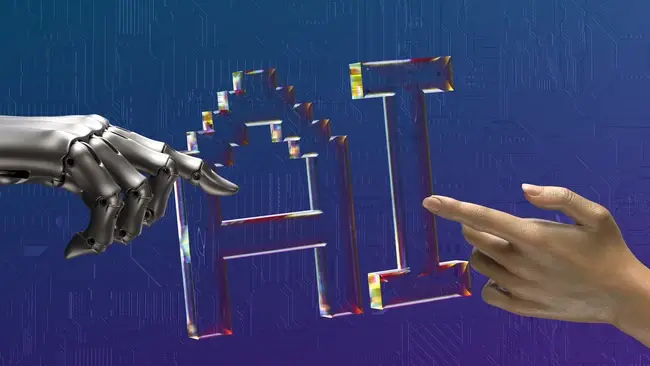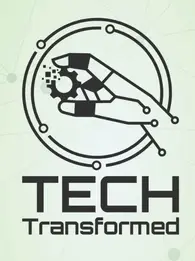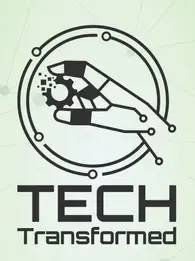
Artificial intelligence (AI) is rapidly dominating many parts of society, reshaping how people do their jobs and even creating new positions. This means women must adapt to give themselves the best chances of becoming well-equipped and empowered within the changing landscape. Specific skills and knowledge will be essential during this transition.
1. A Willingness to Embrace Change
People typically prefer to stick with what they know, even when superior options emerge. Once women in tech roles notice how AI solutions might improve their processes, they must encourage themselves to embrace doing things differently and taking advantage of AI.
Even if they’re already using artificial intelligence within their jobs, it’s always wise to remain open to new possibilities that could change their current workflows. An International Labour Organization report examined the effect of generative AI on jobs, and the data revealed a gender-driven gap in job impact.
It indicated workplace automation potentially affected more than two times the female employment share compared to positions filled by males. Plus, people from higher-income countries will more acutely experience the effects of generative AI than those in low-income nations. The statistics indicated the technology will impact 5.5% of jobs in the former category versus only 0.4% in the other group.
One of the best ways to prepare for likely job changes caused by AI is to be open to them. Additionally, women must strive to see the positive sides of artificial intelligence. Can it speed up or eliminate some of the most tedious parts of a tech role? If so, they would likely have more time to devote to more meaningful tasks.
2. Courage Despite Adversity
Women are historically underrepresented in fields such as science and engineering. Those careers are also experiencing major AI impacts. However, females will equip themselves for increased success in the workforce if they view challenges as near certainties. Showing bravery and exploring creative ways to overcome obstacles will prove invaluable. Women must also try to stay upbeat when the odds are against them.
Consider the case of a first-generation college student who won $100,000 to develop a drone to provide medical relief. It was a fantastic achievement, but claiming the award required dropping out of school, which was out of the question. However, she later won a scholarship elsewhere.
Working in the tech field can be challenging for anyone, especially women, who are still in the minority compared to male peers. However, remaining dedicated to their goals and refusing to let setbacks discourage them too much increases their chances to succeed over the short and long term.
Networking with other women focusing on AI projects — or working in the wider tech field — can help them understand they’re not alone and get tips for dealing with career-related hardships.
3. Knowledge of Ethical Dilemmas
Although AI could substantially advance society and improve people’s lives, it'll only happen if individuals with relevant expertise weigh in about harm reduction. Numerous ethical dilemmas have emerged, even in these emerging stages of the technology’s use. Some are specifically relevant to women.
Consider how doctors use AI to screen for potential pregnancy-related complications. That’s a generally positive thing. However, one of the downsides of many AI applications is they don’t allow people to examine the associated results to learn how the technology reached a specific conclusion.
That’s problematic because it prevents doctors from knowing how much they can trust the results. What if an AI tool gets things wrong and causes significant trauma for a pregnant woman?
In another case, police departments in Spain used an algorithm to assign risk scores to women experiencing domestic violence. Those with higher ratings would get more police support. However, evidence showed cases where the algorithm did not correctly gauge the risk, sometimes resulting in victim fatalities. Unfortunately, many people are overly reliant on AI, trusting it more than their years of experience and sound judgment.
However, women are well-positioned to shed light on these issues and lend their voices to important conversations about reducing such complications. Progress is underway, such as the launch of UNESCO’s Women4Ethical AI collaborative platform. Its goal is to give females equal representation during the development and use of artificial intelligence.
4. A Commitment to Reducing Bias
One of the unfortunate downsides of AI apps is that many have built-in biases. It happens because the humans who created those tools have imperfections, too. Since some companies use AI in hiring processes or to make other critical decisions, women in AI must stand up against bias and do everything possible to minimize it.
Many women are no strangers to discrimination. Research from 2022 about employees in the United Kingdom revealed women are targeted by sexist jokes three times more frequently than their male counterparts. They’re also more likely to be asked about their children or to make coffee for their office mates.
Females can lead the way in developing AI with fewer biases. They can and should ask pointed questions while developing tech tools. For example, is the product sufficiently inclusive of diverse perspectives? Does the technology leave some groups out or risk their well-being? Are the built-in safeguards against bias effective enough for real-world usage?
The World Must Prepare for Rising AI Adoption Rates
These are some of the critical skills that will help women do well in AI-related tech roles and use their expertise to make the technology better for everyone. It’s not an all-encompassing list, but it provides some excellent starting points for professional and personal development initiatives.












